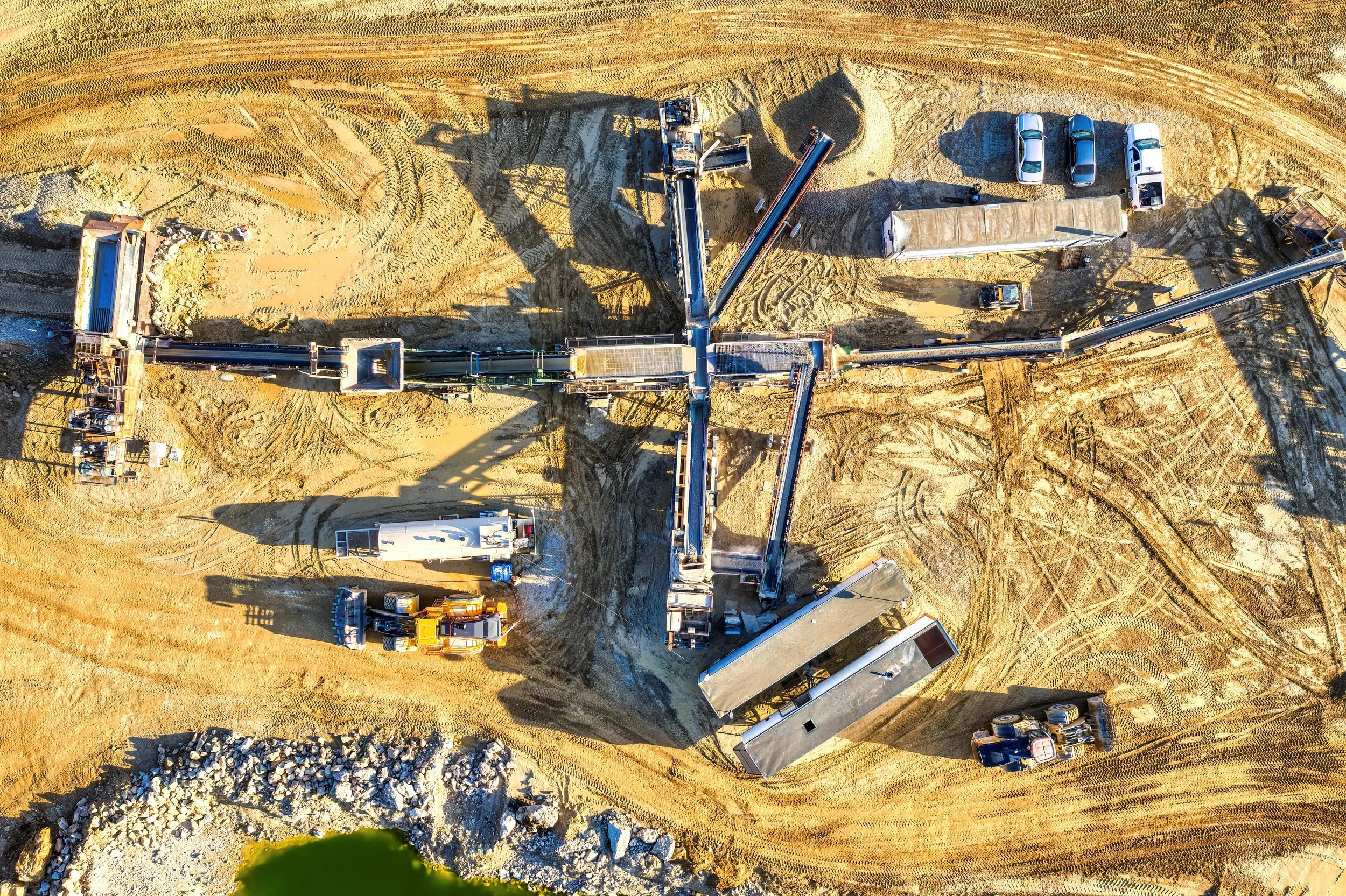When Should You Reassess an Employees Fitness for Work?
Fitness for work assessments are often thought of as something that happens before a job starts — a box to tick during the hiring process. But the truth is, a worker’s health and capacity can change throughout their employment. Injuries, illnesses, mental health challenges, and even changes in job requirements can all impact whether someone can continue to perform safely and effectively.
This is where a fitness for work reassessment becomes important. Knowing when to reassess isn’t just about following policy, it’s about protecting the employee, the team, and the business. In this post, we’ll look at the main triggers for a reassessment and why they shouldn’t be overlooked.
1. After a Workplace Injury or Illness
One of the most common reasons to reassess fitness for work is when an employee has been off work due to injury or illness — whether it’s work-related or not.
A reassessment helps determine if they’re ready to return safely.
It also helps identify if they need any temporary or permanent modifications to their duties.
Returning too early can risk reinjury, while unnecessary delays can impact mental health and team productivity.
2. After a Significant Medical Diagnosis
Sometimes, a worker may receive a new medical diagnosis that could impact their ability to perform their job safely — even if they haven’t taken time off.
Examples include cardiovascular conditions, respiratory illnesses, diabetes, or neurological disorders.
A fitness for work assessment can help determine whether they can continue in their current role or if adjustments are needed.
3. Following Concerns About Performance or Safety
If there are consistent concerns about a worker’s ability to carry out their duties safely — for themselves or others — it may be time to reassess.
This can include physical signs (e.g., fatigue, poor coordination) or behavioural changes (e.g., confusion, mood swings).
It’s not about punishment — it’s about making sure the person is supported and safe to continue.
4. After Extended Time Away from Work
Extended leave, whether for personal reasons, travel, parental leave, or long service, can affect someone’s physical or mental readiness to return — especially in high-risk roles.
A fitness for work check ensures the person can safely return to duties, especially if the role has changed during their absence.
5. When Job Requirements Change
Sometimes it’s the job that changes — not the person. Reassessments are important when:
The physical or mental demands of a role increase
New machinery, tools, or processes are introduced
There’s a change in shift patterns or workload
Even if the employee has been performing well up until now, these changes can introduce new risks or pressures that make a reassessment worthwhile.
6. Substance Use or Mental Health Concerns
Fitness for work isn’t just about physical health. Mental health, fatigue, and substance use all play a big role — particularly in safety-critical roles.
If an employee is showing signs of stress, burnout, or impaired judgement, a medical review may help identify what support is needed.
This can be done confidentially and with care to ensure the employee feels supported, not scrutinised.
7. Regular, Scheduled Reviews in High-Risk Roles
Some roles require routine medicals to ensure ongoing fitness for work. These might be done annually or every few years, depending on the industry and the risks involved.
This is common in roles like commercial driving, aviation, mining, and emergency services.
Even without any visible concerns, periodic reassessment helps catch gradual changes before they become a safety issue.
Conclusion
Fitness for work is not static. It can and should be reassessed whenever an employee’s health changes, the role changes, or concerns arise about their ability to work safely.
Regular reassessment isn’t just about ticking boxes — it’s about fostering a safer, healthier workplace where employees are supported to do their best work. Whether it’s after an injury, a new diagnosis, or a change in duties, taking the time to reassess fitness for work can make a real difference — for the individual, and for the team around them.

